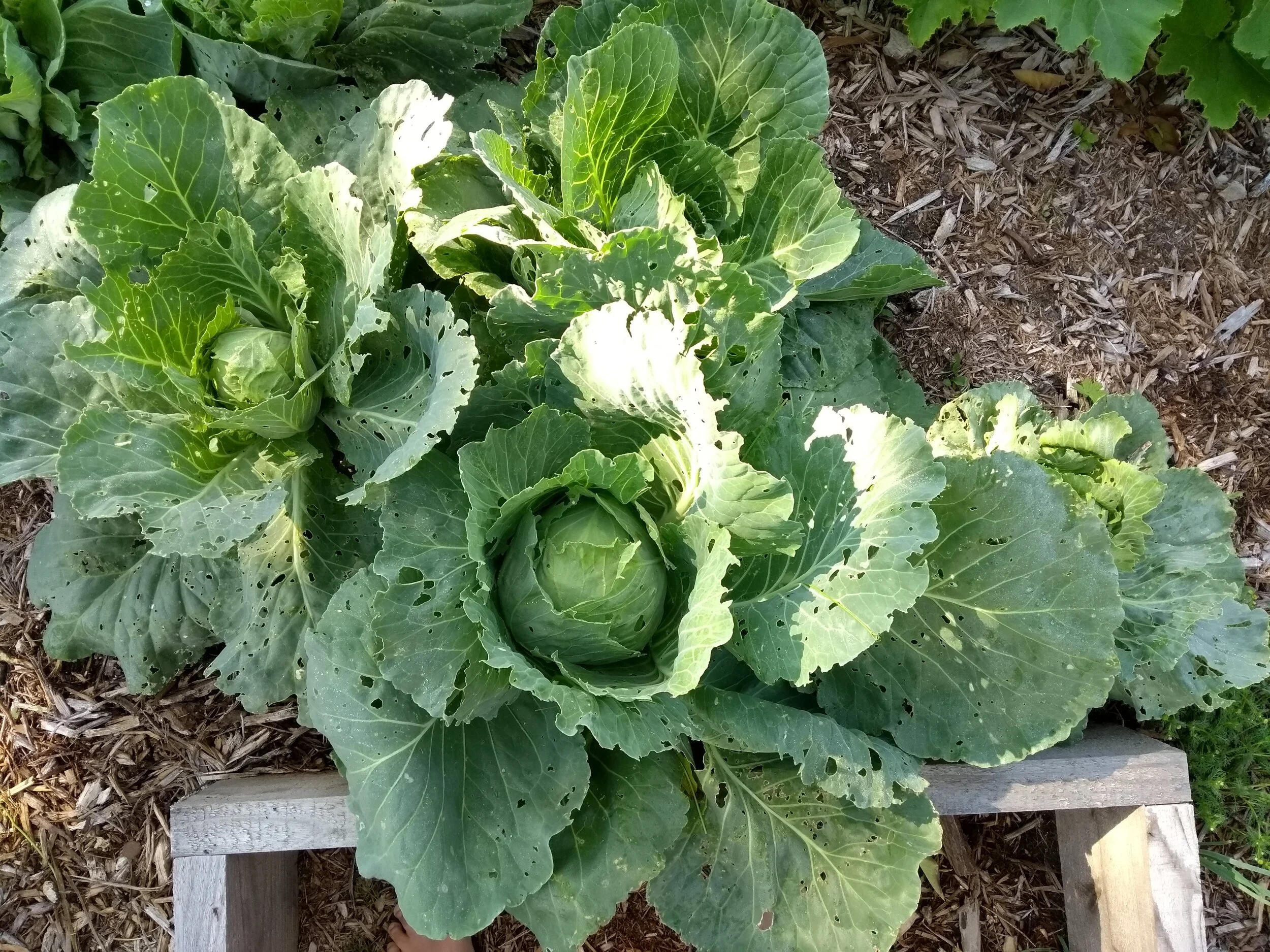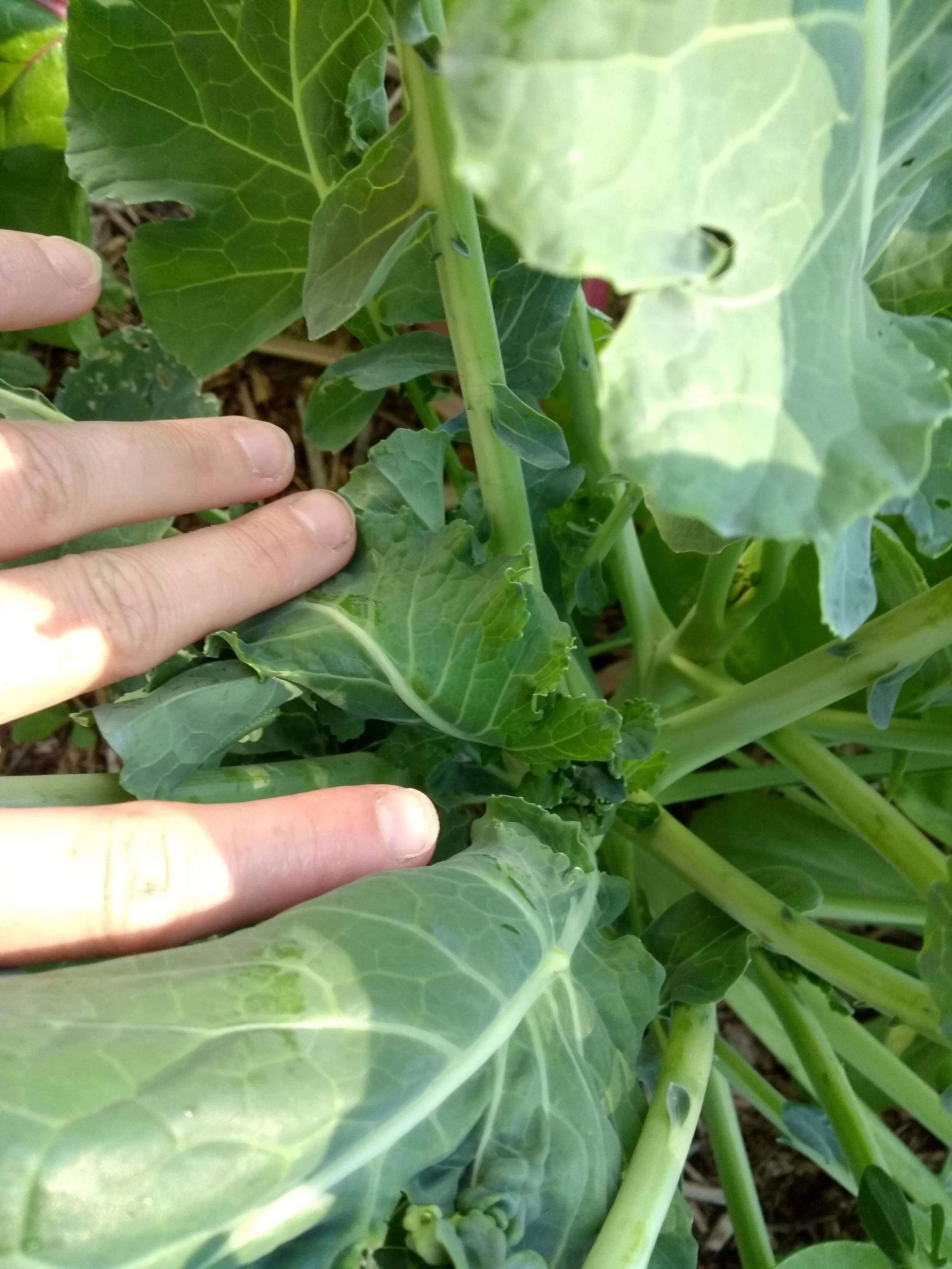Terroir
Hello again,
Let’s talk about terroir.
Yes, you may have heard of it when describing why wine tastes a certain way. Or if you have a fantastic palate maybe you can do blind tastings, and based on your understanding of terroir, tell what wine you are drinking, maybe even that it is a Bordeaux from Saint-Emilion.
The literal translation means earth, or soil. This may not seem like a lot of information but if you truly understand your soil, what it comprises, you’ll realize this simple term encompasses a pantheon of mycorrhizal fungi, bacteria, protozoa, and bugs.
It creates the specificity of place that reminds you of the tomato you ate out of your grandmother's garden that tasted like the tomatoiest tomato you have ever eaten.
Why?
Because her soil was alive. Between the chickens and the compost and the lack of destructive chemicals her soil was alive in a way that most people just don't understand anymore.
But, we can relearn.
Your soil will be an expression of you, it will be as good as you decide to make it.
Our terroir was very much mown lawn surrounded by industrial farming
Is soil the only thing we need to worry about?
No, of course not. Though terroir means literally soil, that is not the only thing we have to contend with.
Climate: the long-term averages of weather conditions in a particular region.
i.e. Where I live is considered Zone 5. Otherwise known as Hardiness Zones, this information is based on the extreme minimum temperature in any given location which then affects plant growth and survival.
Zone 5 is hardy to -20o F or thereabouts
Weather: this is a little trickier because weather can shift from season to season wildly and year to year. One year you have a nice long slowly warming spring that allows your broccoli to develop properly, the next year it goes from 2-20 and your broccoli bolts before it forms a head. Or, you have a lovely long, hot summer into autumn that produces perfect melons, the next year a cold snap early in August means no fruit.
Me: My choices of seed, when to start, how to start, getting them in the ground at the right time, proper pruning, pest and disease management etc. all have a role to play too.
So,
Climate we have some control over because we can understand long term weather averages. We don't try to plant citrus trees outside because we know that they won't survive the winter. This is where you can choose plants that are appropriate for your zone and that will give you the best success.
Weather is a little trickier. Last year I didn't get any broccoli heads just leaves and then they tried to bolt. My cabbage didn’t make great heads either before summer’s heat and then by fall the bugs had really done a number on them when they finally started to mature.
Copenhagen cabbage didn’t have a chance to produce a proper head before the heat.
What did I learn from this?
Either I have to get my broccoli and cabbage in the ground a month sooner than I did, or I need to plant them as a fall crop where the heat of summer won’t stunt them or make them bolt. Some of these lessons you can learn from others and some will simply be trial and error based on your location. My sister lives 5 miles away and her broccoli did form heads and her cabbage was beautiful.
My de Cicco Broccoli never managed to form a head but the leaves were tasty in stirfry.
I’ll share my failures with you so you have a chance not to make them. But year to year you will find successes and failures you couldn’t have foreseen.
The beauty of terroir as a concept is that some years everything comes together to form the vintage of the century. And some years it's just a good table wine.
Last year the tomatoes and beans were incredible. That balanced out some things not doing as well. This year, who knows?I can’t control the weather but I'm really working on improving the soil. And that, at its most basic understanding is what it's all about.
Hope you enjoy the journey,
Beth




